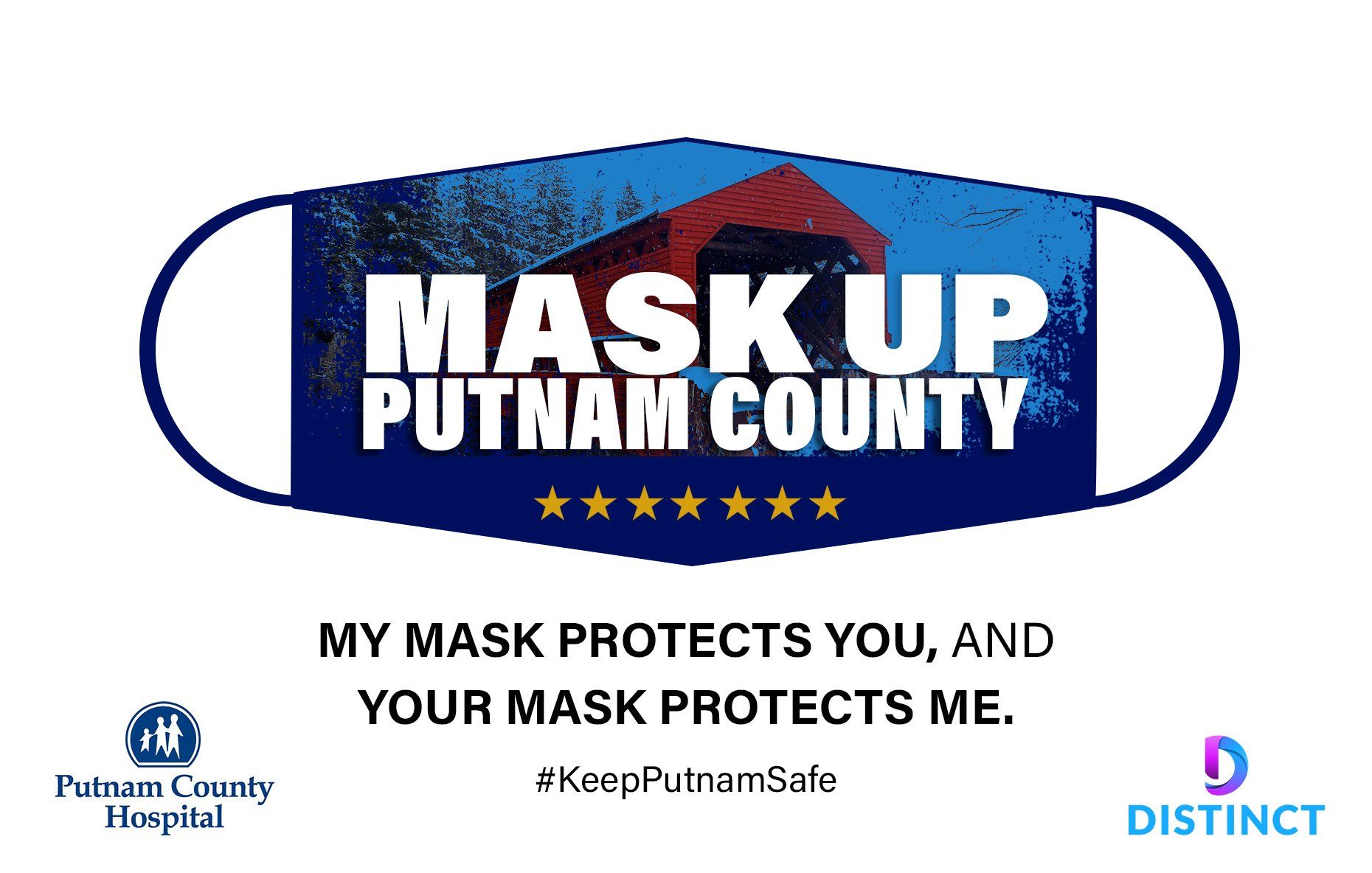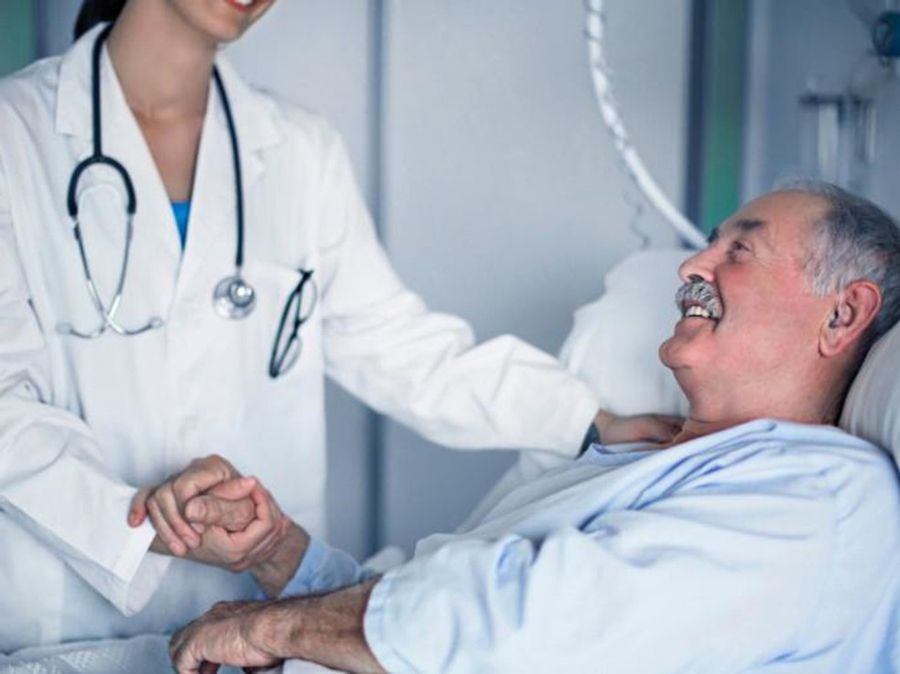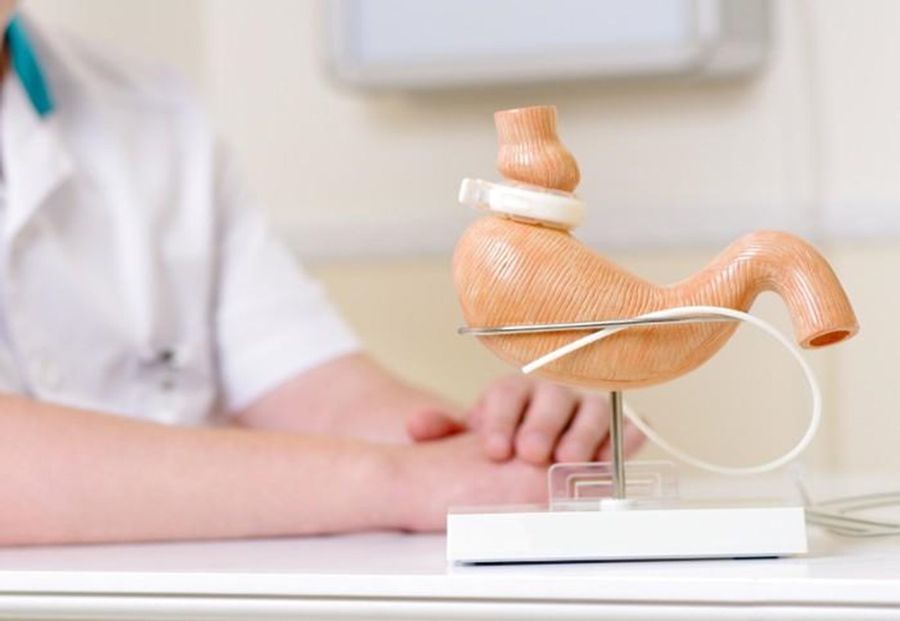January 15 – Daily COVID-19 update from Putnam County
(Greencastle, Ind.) Putnam County officials announced today that there have been 2800 confirmed cases of COVID-19 in the county since March. Putnam County is currently at a 13.7 positivity rate. As of January 14, there have been 932 community members receive their vaccination. For a further breakdown of cases please visit www.coronavirus.in.gov . The positive case number also may include positive cases at the state correctional facility located in Putnam County. To learn more, visit https://www.in.gov/idoc/3780.htm .
Putnam County remains at a level red according to the ISDH website. What does being a red county mean? The county has a point score of 3.0 or higher when percent positivity and new cases per 100,000 residents are combined. Community spread is approaching high levels. These requirements are in effect when a county reaches the red metric and remain until a county moves to a lower status for two straight weeks.
Putnam County Hospital continues to offer curbside COVID testing. To schedule your appointment please go to https://scheduling.coronavirus.in.gov If the website is showing that there are no open appointments for the day please call our COVID curbside phone number. Testing hours are Tuesday-Friday 10:00am-6:00pm and Saturday 9:00am-2:00pm. If you have any further questions or if the online scheduling is showing full please call (765) 301-7019. Putnam County Hospital asks that patients arrive no earlier than five minutes before their scheduled test to help with the flow of traffic. When a patient arrives they will follow the COVID-19 testing signs. These signs will direct them to the proper testing area.
The U.S. Food and Drug Administration has issued an Emergency Use Authorization (EUA) allowing shipments of COVID-19 vaccine to be sent to Indiana and other states.
Any Hoosier age 70 and older, first responders (fire, law enforcement, emergency medical services, reservists and volunteers) who have in-person contact with the public, and licensed and unlicensed healthcare workers who have in-person contact with patients or infectious material in any healthcare setting are now eligible to schedule a vaccination appointment. Eligible professionals should receive an invitation and registration link from their employer, professional association, or the State of Indiana (Indiana Department of Health, Professional Licensing Agency, Family & Social Services Administration, Department of Homeland Security, or another state agency).
Please be patient, as vaccine supply is limited. If you are a licensed healthcare provider, make sure your email is updated with the Indiana Professional Licensing Agency and continue to check your email and SPAM. If you are eligible and haven’t received an invitation, please ask your employer.
The Putnam County Health Department continues to work with ISDH to administer the COVID-19 vaccine. PCHD will provide prompt updates on their website ( www.putnamhealthindiana.org ) once more information becomes available.
Putnam County is providing regular updates on COVID-19 to citizens as part of its effort to complement the daily updates from the Indiana State Dept. of Health. The updates can be accessed via www.coronavirus.in.gov .
Who is eligible to receive vaccine?
If you answer yes to any of these questions, you are eligible to receive the COVID-19 vaccine:
- Are you age 70 or older?
- Do you work or volunteer in healthcare and have (physical or close) contact or face to face interactions with patients?
Examples include:
- Inpatient, outpatient, provider office setting, nursing homes, residential care facilities, assisted living facilities, in-home services
- This includes all clinical and non-clinical positions: clinicians, dietary, environmental services, administrators who have direct contact with patients, clergy who see patients in the healthcare setting, non-clinicians who assist in procedures, transportation staff, etc.
- This also includes local health department staff who interact with patients at test sites, health clinics or provide direct patient care
- Do you have exposure to COVID-19 infectious material? (Examples include cleaning of rooms or material from COVID-19 patients, performing COVID-19 testing, other exposure to infected tissue, performing autopsies or other post-mortem examinations of COVID-19 patients)
- Are you a first responder (fire, law enforcement, emergency medical services, reservists and volunteers) who has contact with the public and could be called to the scene of an emergency?
What else can I do right now to help prevent the spread of influenza and the flu?
- Avoid close contact. Avoid close contact with people who are sick. When you are sick, keep your distance from others to protect them from getting sick, too.
- Stay home when you are sick. If possible, stay home from work, school and errands when you are sick. This will help prevent you from spreading your illness to others.
- Cover your mouth and nose. Cover your mouth and nose with a tissue when coughing or sneezing. It may prevent those around you from getting sick. Flu and other serious respiratory illnesses are spread by cough, sneezing or unclean hands.
- Clean your hands.
Washing your hands often will help protect you from germs. If soap and water are not available, use an alcohol-based hand rub.
- Handwashing: Clean Hands Save Lives Tips on hand washing and using alcohol-based hand sanitizers
- It’s a SNAP Toolkit: Handwashing Hand washing resources from the It’s a SNAP program, aimed at preventing school absenteeism by promoting clean hands; from the School Network for Absenteeism Prevention, a collaborative project of the CDC, the U.S. Department of Health and Human Services and the American Cleaning Institute.
- Avoid touching your eyes, nose or mouth. Germs are often spread when people touch something that is contaminated with germs and then touch their eyes, nose or mouth.
- Wear a mask. Masks can reduce the transmission of all respiratory illnesses, including the flu.
- Practice other good health habits. Clean and disinfect frequently touched surfaces at home, work or school, especially when someone is ill. Get plenty of sleep, be physically active, manage your stress, drink plenty of fluids and eat nutritious food.
To learn more about Putnam County’s coordinated response to COVID-19, please visit the Putnam County Hospital at www.pchosp.org/covid-19-updates or the Putnam County Health Department at www.putnamhealthindiana.org .








